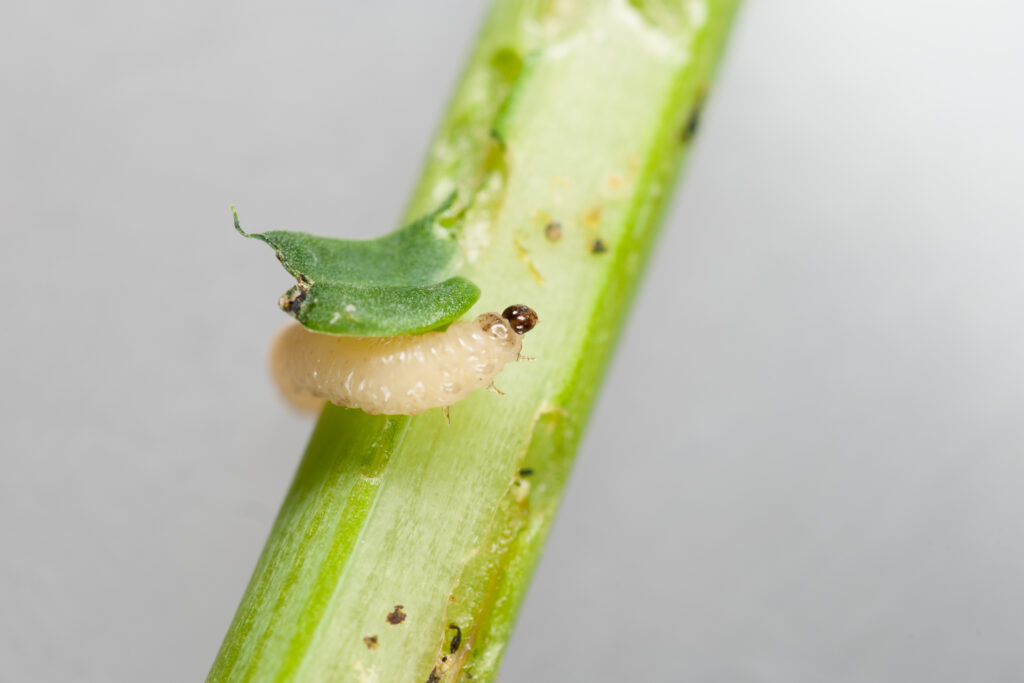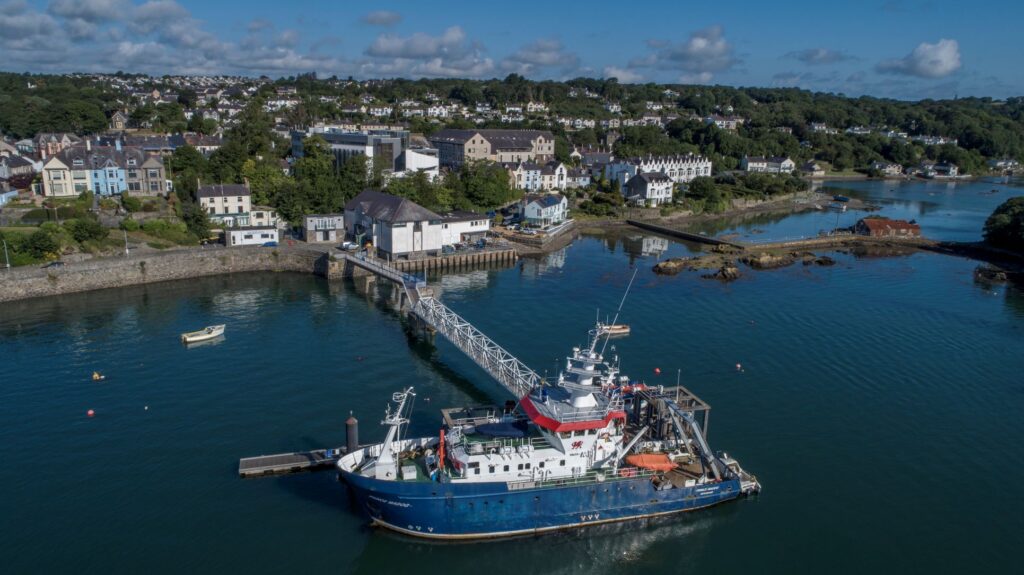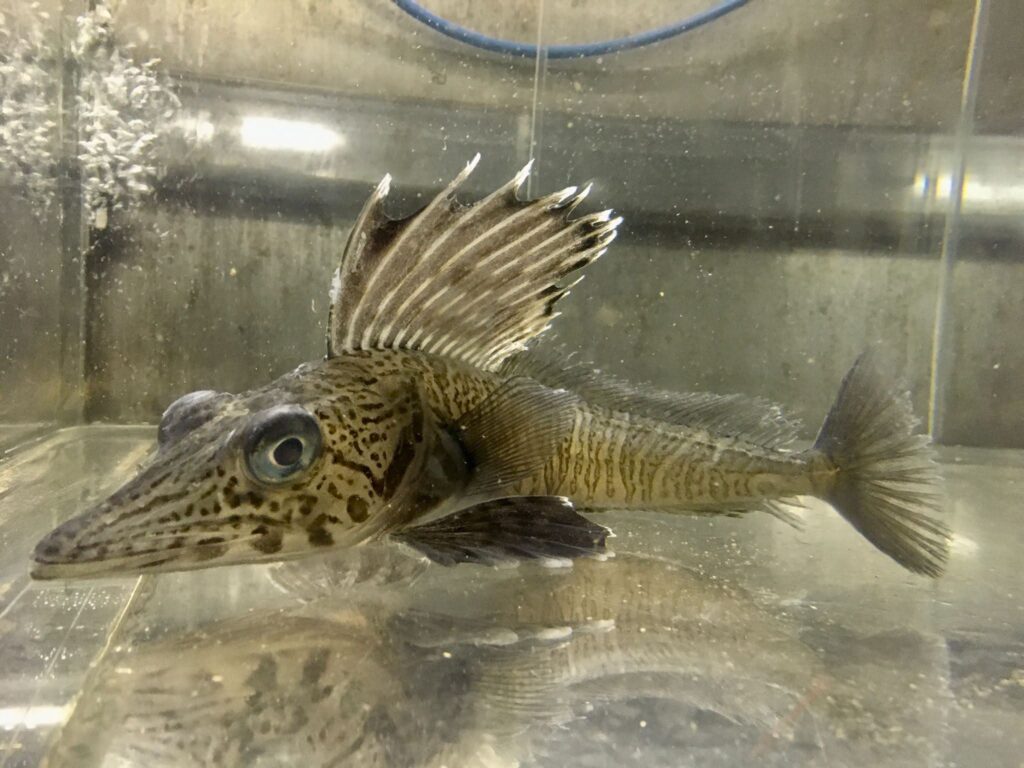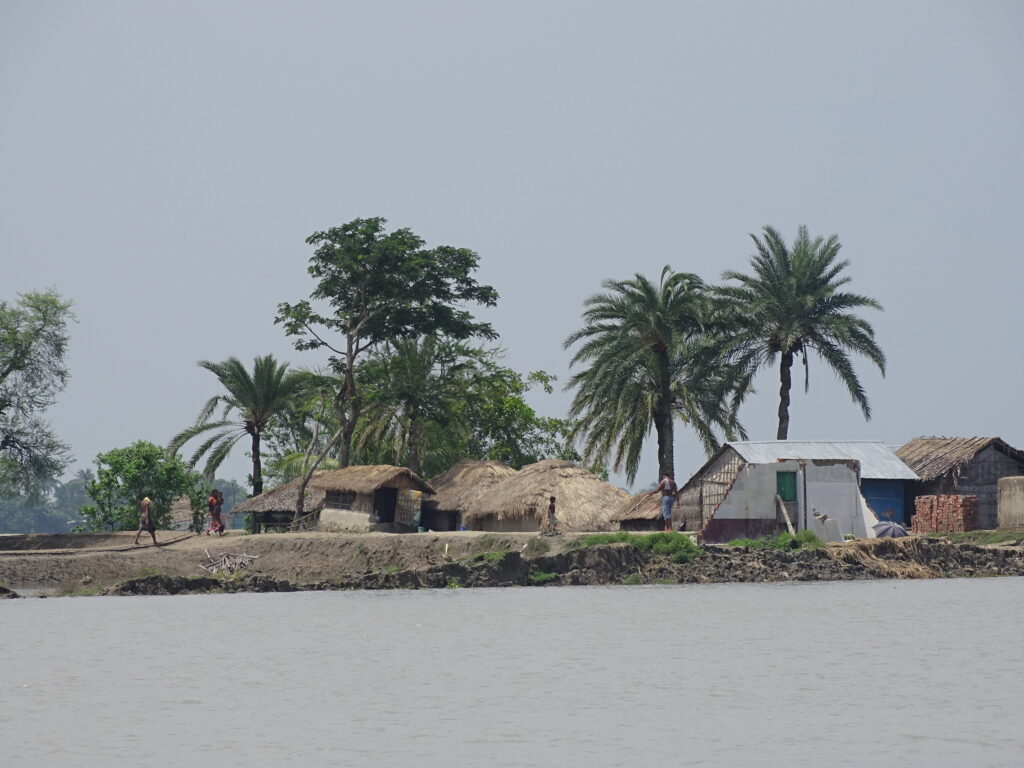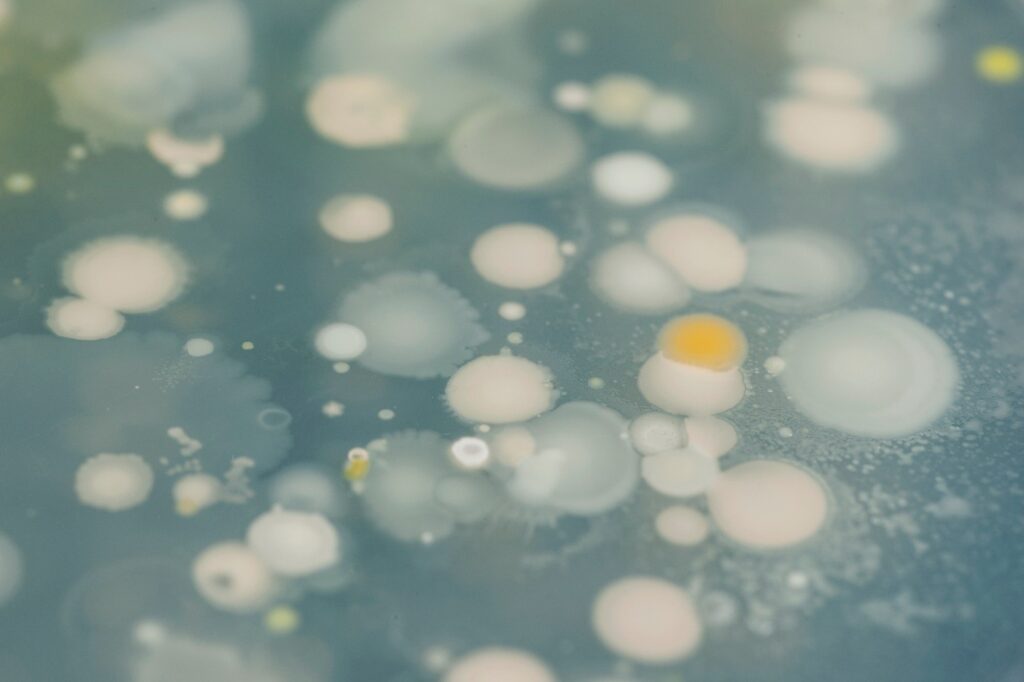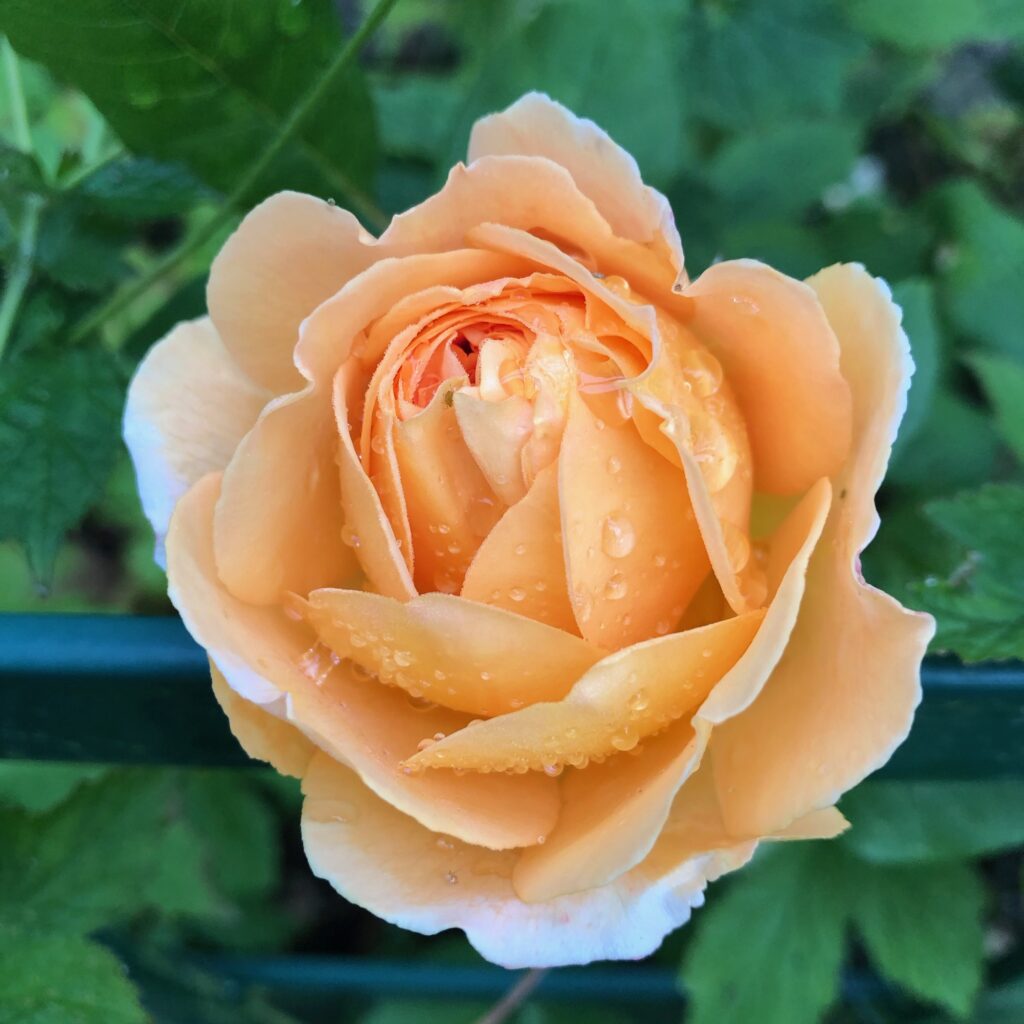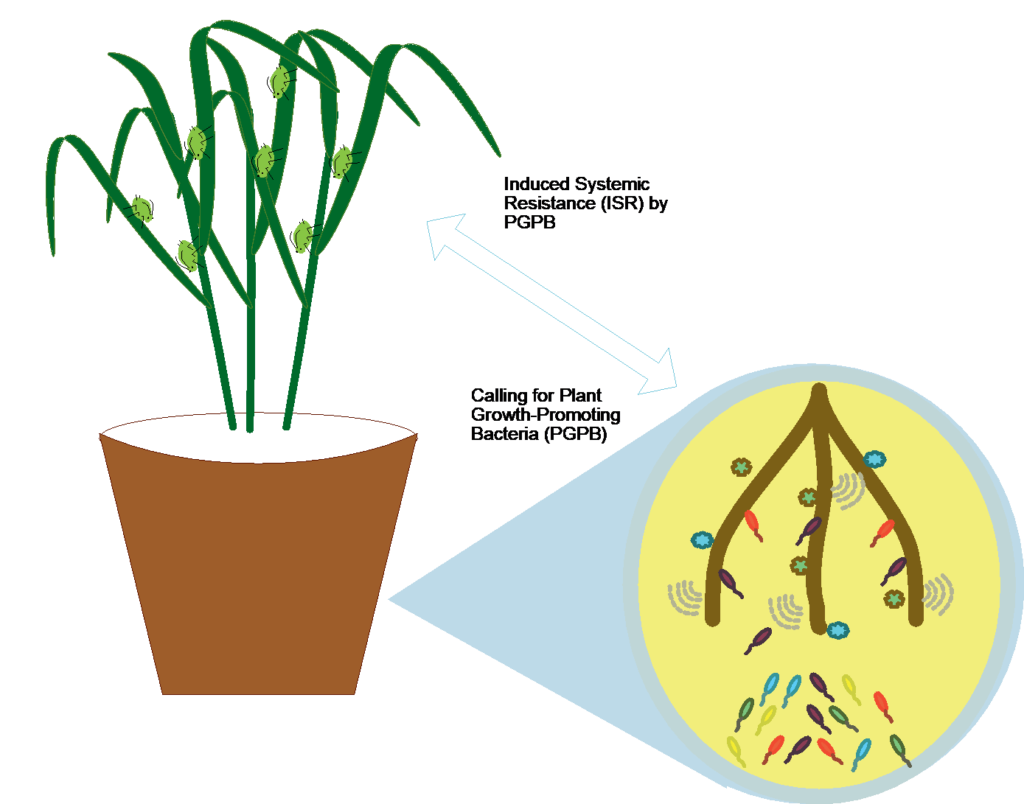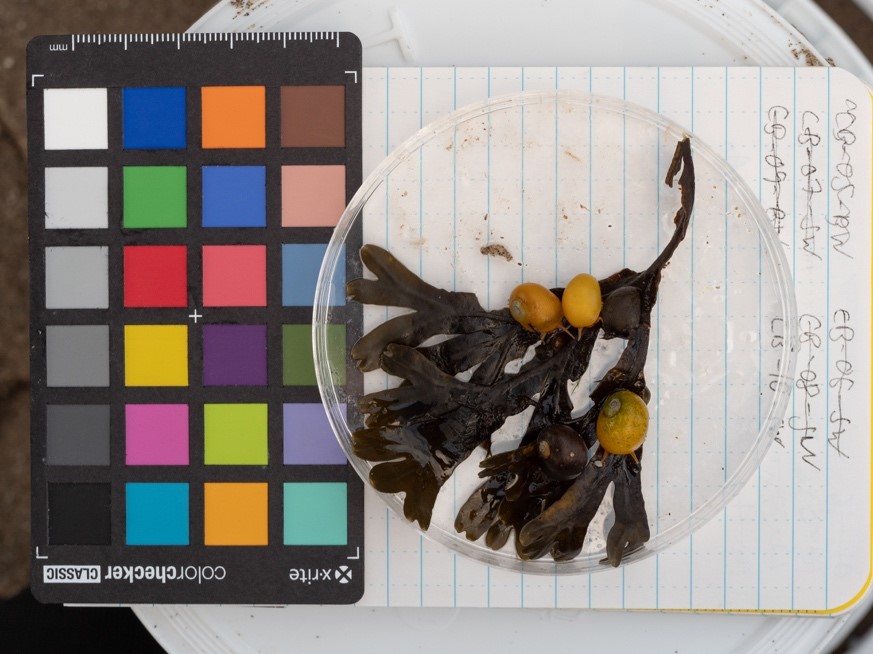Location: UKCEH Lancaster Duration: 8 weeks The potential to use soil as a global sink for rising atmospheric CO2 has risen up the political and scientific agenda in the past few years. UK Centre for Ecology & Hydrology (UKCEH) and Lancaster University (LU) lead a series of projects that underpin new understanding regarding the role of management and […]
Read More
Location: Rothamsted Research Duration: 8 weeks A funded opportunity is available for an undergraduate student to be part of a novel research project at the oilseed rape insect pests’ group in Rothamsted Research with Dr Patricia Ortega-Ramos and Dr Sam Cook during the summer of 2022. This paid research placement is an exciting opportunity to gain valuable […]
Read More
Location: Bangor University, Molecular Ecology and Evolution group Duration: 6-10 weeks The ecological impact of artificial light at night (ALAN) has been a rapidly growing field of global change science in recent years. While understanding of direct lighting impacts (for example street lights) has improved dramatically, the effect of artificial skyglow (light that is scattered in the […]
Read More
Location: Bangor University, School of Ocean Sciences Duration: 6-10 weeks Due to difficulties in making measurements at sea ocean models are the primary tool used to study transport in the marine environment, like: 1) offshore and onshore pollution (i.e., plastic and oil spill); and 2) ecology (i.e., population connectivity and spread of invasive species). Validation of ocean […]
Read More
Location: University of Nottingham, School of Veterinary Medicine and Science Duration: 6 weeks The Antarctic icefish are a unique group of animals in their ability to thrive without the protein haemoglobin. Haemoglobin carries oxygen from the capillaries in the lungs/gills to the rest of the animal. In a remarkable feat of adaptation, the icefish manage to deliver […]
Read More
Location: Lancaster University, Lancaster Environment Centre Duration: 6-10 weeks An exciting opportunity exists at Lancaster University to get directly involved in a major NERC sponsored research programme – Living Deltas Research Hub. Launched in 2019, the Hub is a 5-year programme to explore social and natural impacts facing three Asian mega river deltas: Ganges-Brahmaputra-Meghna (GBM) delta across Bangladesh […]
Read More
Location: Rothamsted Research Duration: 8-10 weeks With support from the Natural Environment Research Council (NERC) Envision REP scheme, Rothamsted Research would like to recruit an undergraduate student to undertake a 10-week summer internship titled “Identifying cereal killers’ accomplices; investigating endosymbiont roles in host environmental adaptability”. Insect pests are a major global problem causing significant damage to agricultural […]
Read More
Location: Lancaster University, Lancaster Environment Centre Duration: 6-10 weeks A funded opportunity is available for an undergraduate student in a quantitative discipline such as mathematics, computing, physical sciences or engineering (subject to the eligibility criteria below) to contribute to an ongoing interdisciplinary study to improve our understanding of how different people perceive and respond to the environmental […]
Read More
Location: Rothamsted Research Duration: 8 weeks This project aims to isolate Pseudomonas strains from the soil of wheat plants previously infested with aphids (sap-sucking insects). Previous research has demonstrated that this group of bacteria can induce systemic resistance (ISR) in plants exposed to pests and pathogens, enhancing their level of protection 1,2 Insects are responsible for more than 20% of […]
Read More
Location: Bangor University, Molecular Ecology and Evolution group Duration: 6- 10 weeks Intertidal habitats experience a wide range of environmental conditions, and natural selection associated with different intertidal (micro)habitats can play an important role in driving the evolution of local adaptation in the organisms that inhabit them. This Research Experience Placement will provide you with the opportunity […]
Read More


